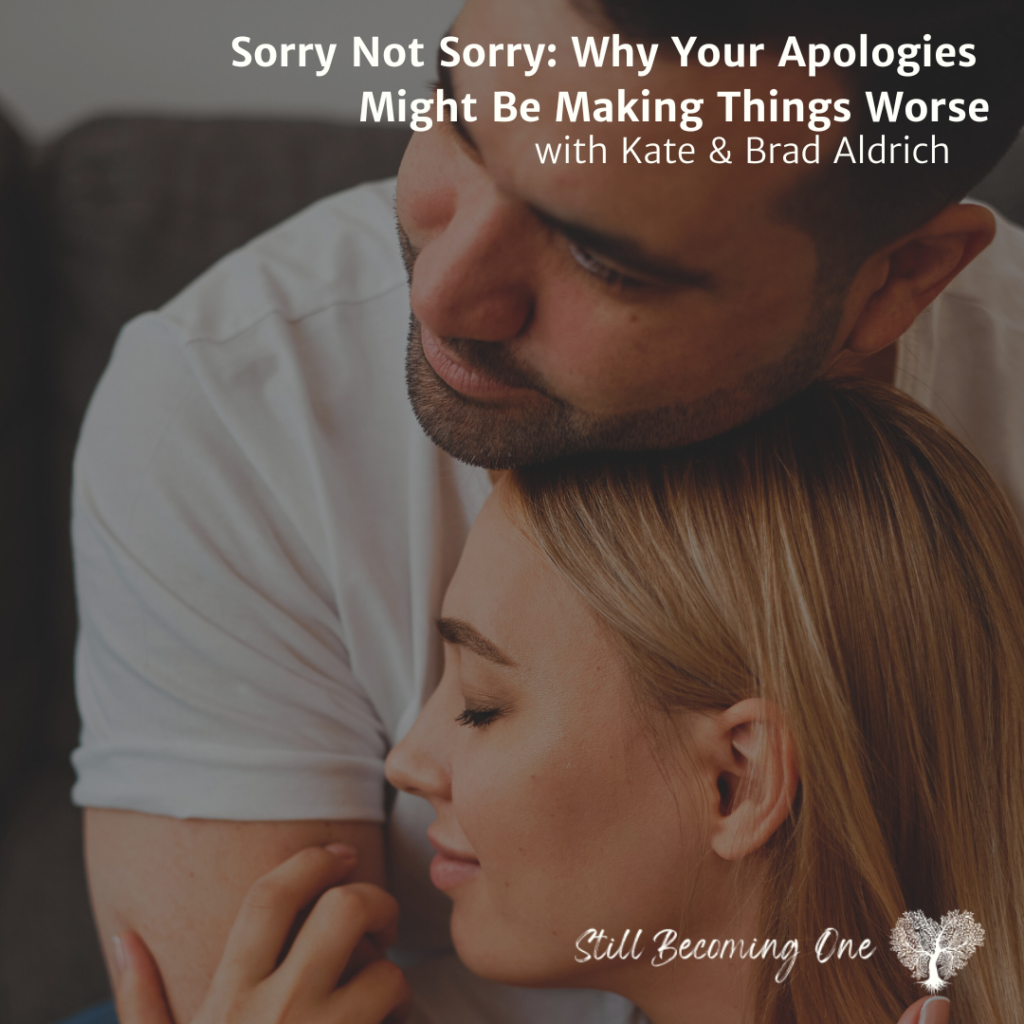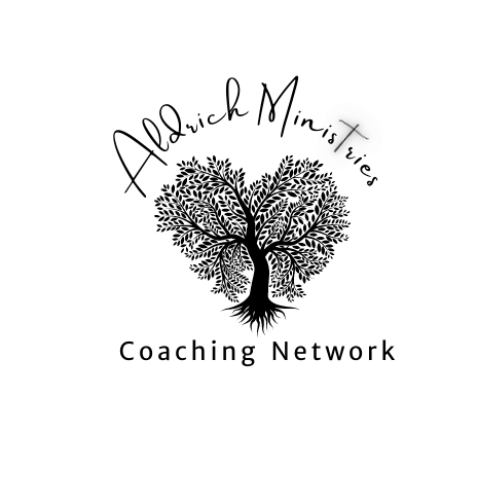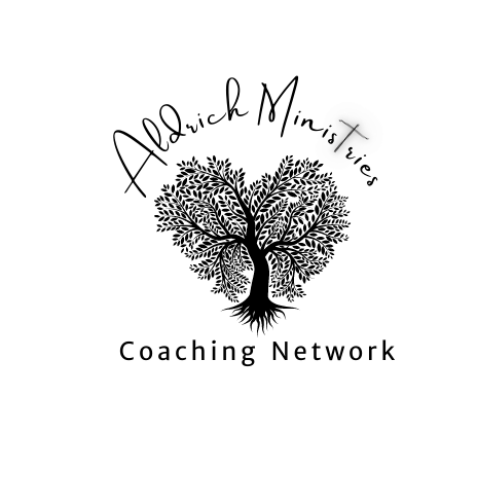Still Becoming One Podcast
Sorry Not Sorry: Why Your Apologies Might Be Making Things Worse
Relationship repair might be the most overlooked skill in maintaining healthy connections. When Brad and I sit down with couples in crisis, they’re often experts at conflict but novices at reconciliation. In this candid conversation, we unpack the profound difference between merely saying “I’m sorry you were hurt” and truly taking responsibility with “I’m sorry I hurt you.”
Most people misunderstand what effective repair actually requires. It’s not about determining who’s wrong or right—it’s about acknowledging impact regardless of intent. Think of it like a car accident: even when unintentional, someone still takes responsibility for the damage. We break down our practical three-step approach to relationship repair: listening completely without defending, owning both your actions and their impact, and discussing how things might be different moving forward.
We explore how personal histories shape what we need in apologies. Do you require someone to understand why you were hurt? Or do you need them to explicitly take responsibility? Using Gary Chapman’s Apology Languages framework, we examine how different personalities seek different forms of repair—expressed regret, accepted responsibility, making restitution, genuine repentance, or requesting forgiveness. Understanding these differences can transform how you reconnect after conflict.
For parents, we address the delicate balance of maintaining boundaries while still validating your child’s feelings during repair conversations. The goal isn’t to abandon your standards, but to acknowledge impact while helping children develop healthy relationship skills that will serve them throughout life. When we repair well, we create safety that allows honest communication to flourish, keeping small ruptures from becoming relationship-ending canyons.
Ready to transform how you handle the aftermath of conflict? Take the Apology Languages quiz, start a conversation about what you each need during repair, and practice these skills in your everyday interactions. Your relationships will thank you.



